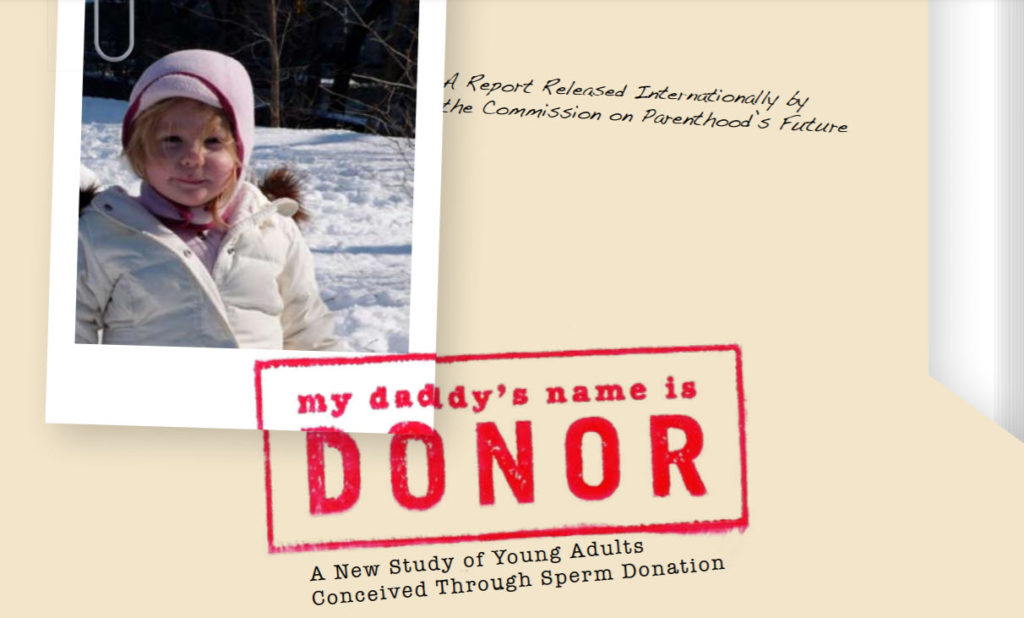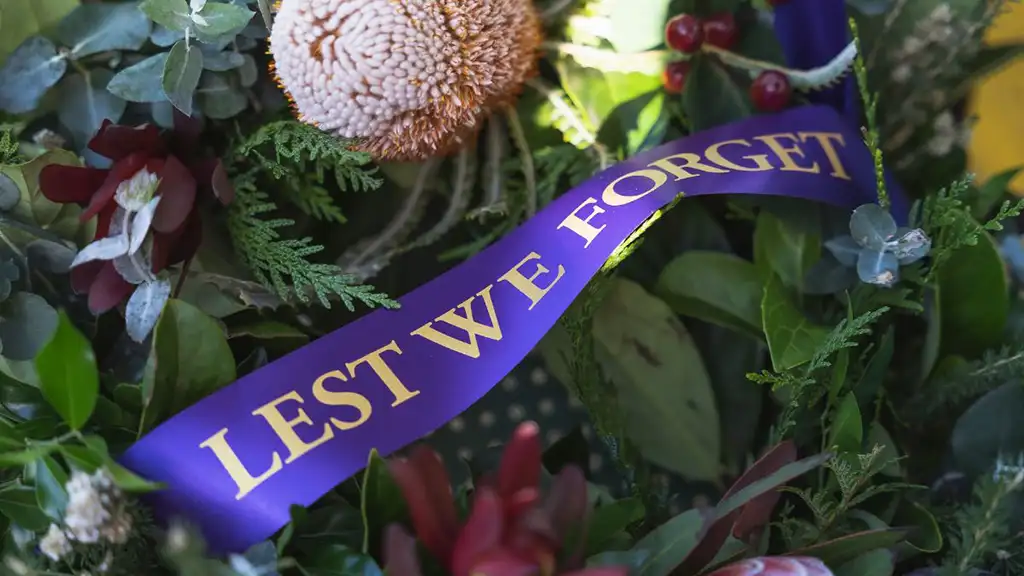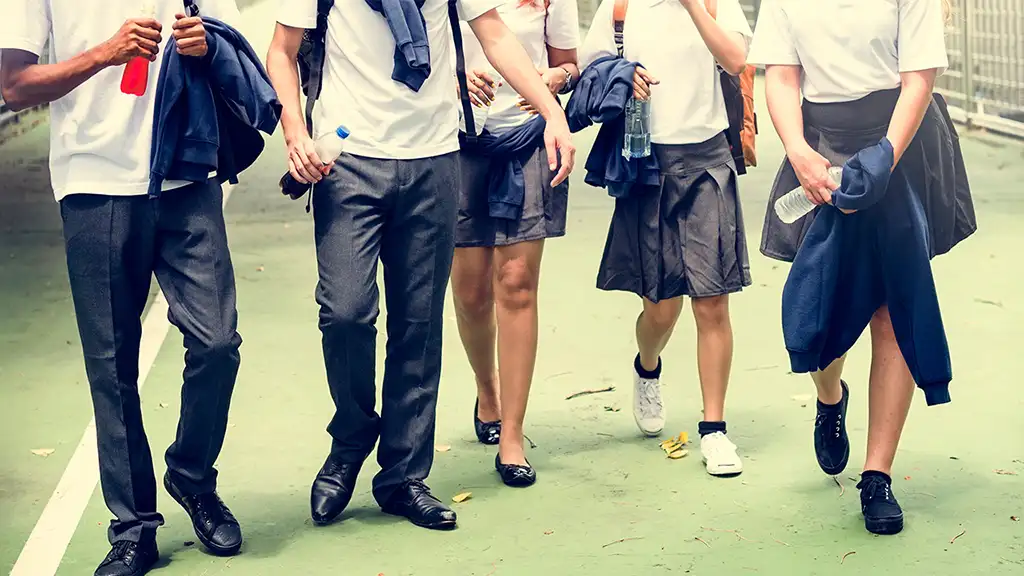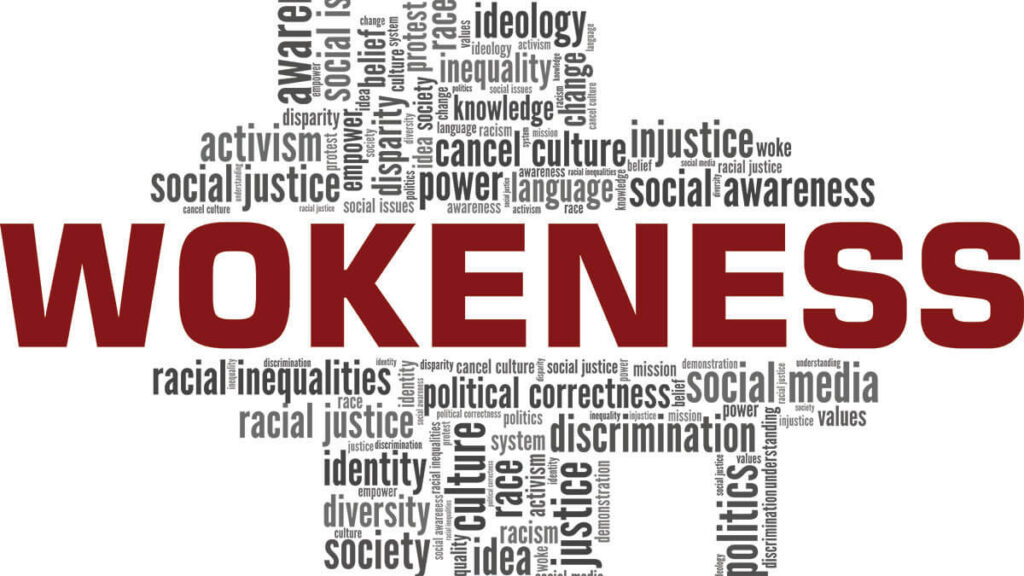NZ Herald 1 August 2021
A Washington law professor has packed up her family and moved back to New Zealand to connect with her biological father’s family after more than 20 years of looking for him. She’s now working with other donor-conceived Kiwis to combat an industry long cloaked in secrecy.
Donor Conceived Aotearoa (DCA). The group’s main goal is to advocate for the next generation who, as a matter of law, will become the first to receive identifying information about their donors when they turn 18.
In an industry that was long cloaked in secrecy, DCA are excited to see change but as the date approaches, they say there is a dearth of information about how it will be implemented and what support there will be for Kiwis applying for the details.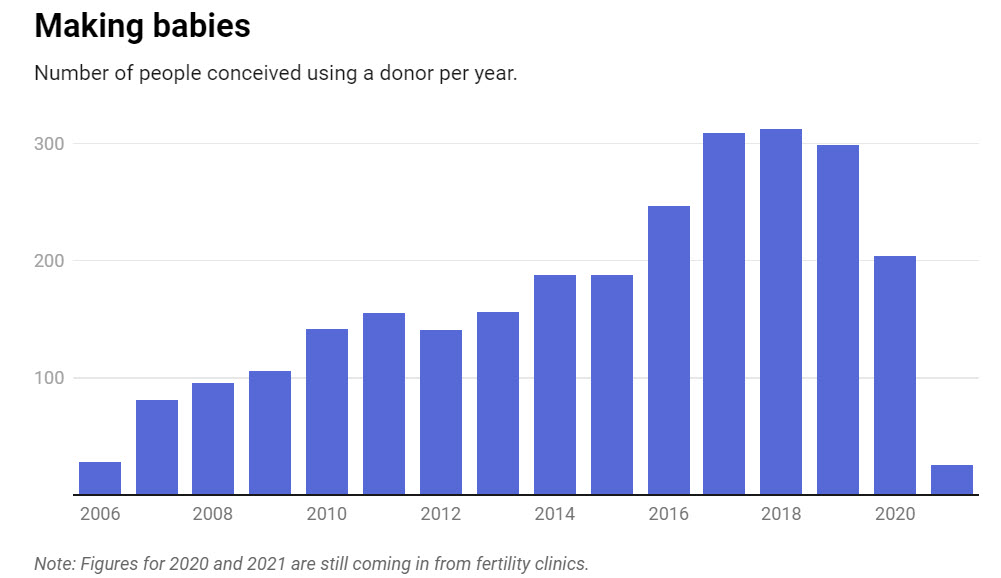
… According to the New Zealand Law Commission, up until around 1990, sperm was donated on the basis the donor could be anonymous. It was considered desirable because it ensured they wouldn’t find themselves burdened with legal parental responsibilities. The Status of Children Amendment Act in 1987 released donors from legal liability.
The harm that secrecy does to families, in particular to the children, was raised following closed adoption debates that led to the Adult Adoption Information Act 1985. Fertility clinics began altering practices so comprehensive records of donors were kept.
Then in 2004, the Human Assisted Reproductive Technology Act (Hart) was passed. Those conceived via the donation of eggs or sperm on or after August 22, 2005, can apply to get identifying information (name, address at time of donation and place of birth) about their donor once they turn 18. Or they can apply to the family court at age 16.
…Hamilton has no idea how many times her biological father donated.
“So far at least, I haven’t identified any donor-conceived half-siblings, but it’s always in the back of my mind that one day I’ll be notified of a new relative through ancestry.com or 23andme.com.”
In her new book, ABC journalist Sarah Dingle, who was donor-conceived in Australia and spent years investigating the industry, cites a 2009 study that found only about a third of New Zealand donor offspring aged 17 to 21 had been told the truth by their heterosexual parents, which increases the risk of half-siblings getting into sexual relationships. It has happened in Australia. In 2010, politician Joanna Gash said she knew of a case in her electorate of Gilmore, on the New South Wales south coast, in which a half-brother and half-sister married without knowing they were related.
“I have never come across a single donor-conceived person made by a donor to a fertility clinic who says, with confidence, that they know who all of their brothers and sisters are,” Dingle says in her book. “Some have hundreds.
READ MORE: https://www.nzherald.co.nz/nz/washington-law-professor-rebecca-hamilton-finds-biological-fathers-family-after-20-year-search/A3SMJNMJYBD2ZRUEEF5TOXKP6U/

